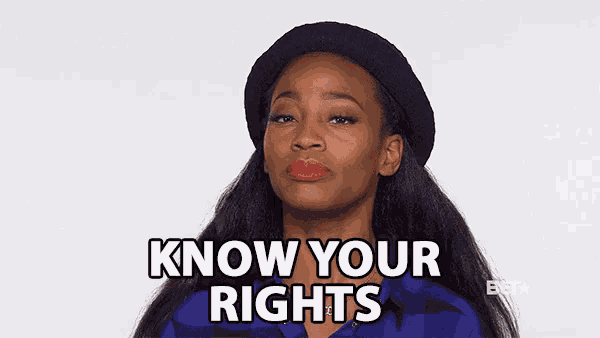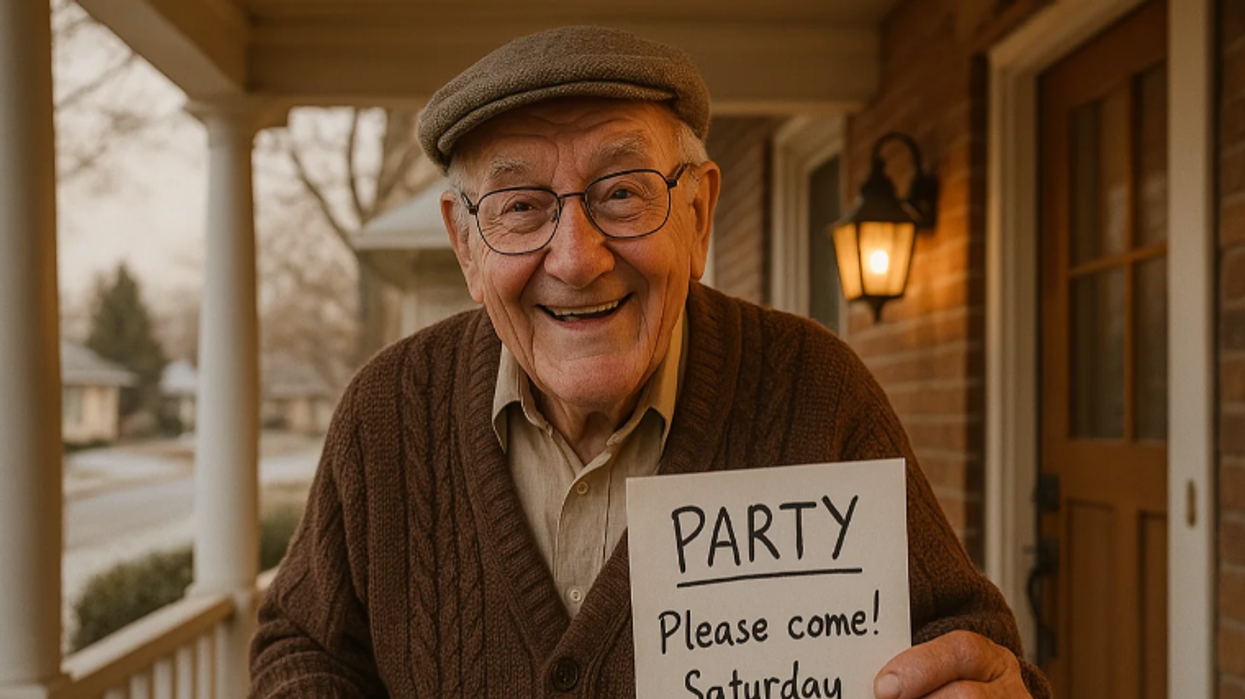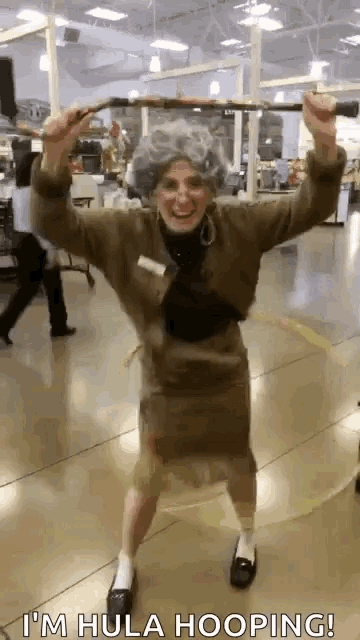Brinlee Miles wasn’t about to leave anything to chance. The 20-year-old from Utah knew her husband, Ryan Miles, needed a thorough checkup at the dermatologist, especially given his family history with skin cancer. Concerned about a few moles on his back and chest, she took matters into her own hands—literally—by grabbing a pen and circling the spots she thought needed attention.
To her surprise, the dermatologist not only acknowledged her efforts but responded in kind, marking the moles with notes after examining them.
A viral approach to skin health
Brinlee shared her clever method in a TikTok video that has since gone viral, racking up over 11.5 million views. The clip shows Ryan standing in front of the camera with his marked-up torso, ready for his appointment. The next scene features him holding a piece of paper from the dermatologist, followed by a reveal of the doctor’s own markings on his body—four moles deemed “good” and two sent for biopsy.
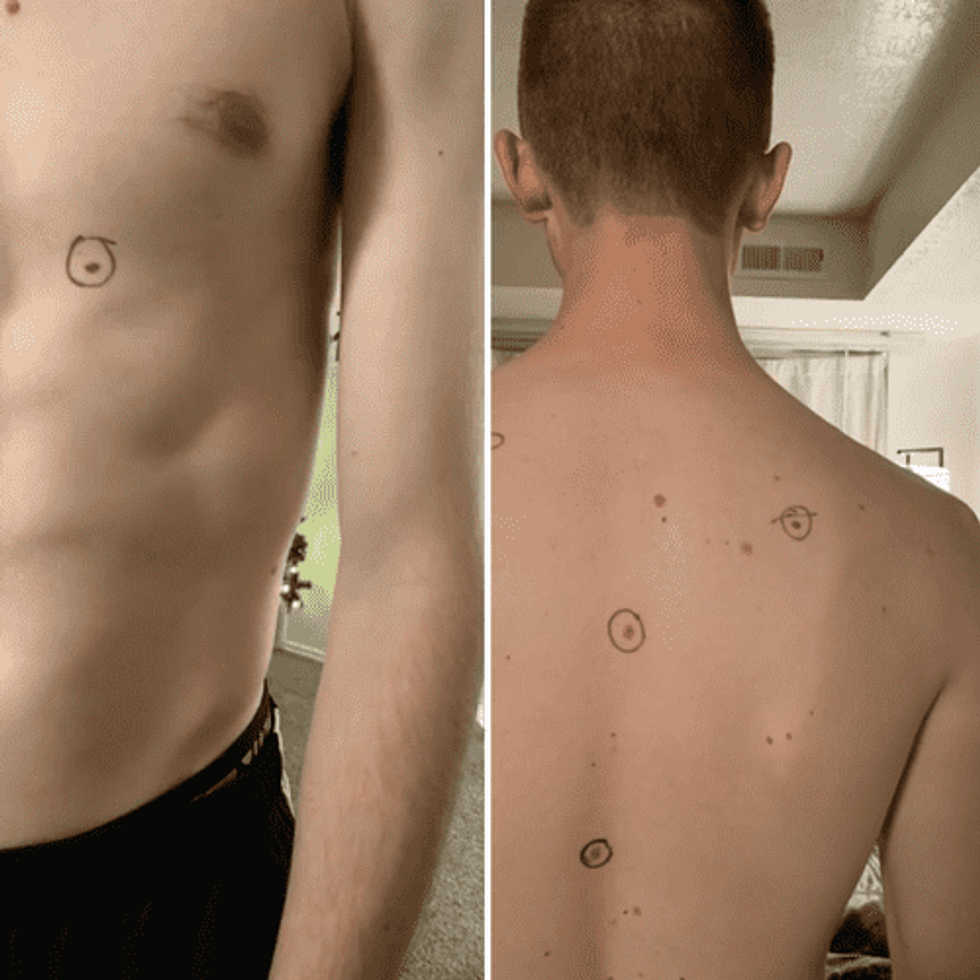
"This is how I sent my husband to the dermatologist," Brinlee captioned the video. "And this is how she sent him back."
Her approach was a hit with medical professionals and everyday people alike, many of whom flooded the comment section with support.
A proactive approach pays off
Speaking to BuzzFeed, Brinlee explained why she decided to take such a proactive stance.
"The [mole] on his chest contained cancer cells in the early stages and needs to be removed soon."
— Brinlee Miles
She explained, "We had been watching some spots on him previously, so I had just circled the ones we were worried about to see if the doctor was concerned about those spots as well... especially the ones on his back that he couldn’t see very well to point out."
The results confirmed her instincts were right. The mole on Ryan’s chest contained cancer cells in the early stages and would need to be removed soon. The one on his back appeared normal, but the doctor wanted to monitor it for changes.
Medical professionals approve
As it turns out, Brinlee's method isn't uncommon. Many dermatology professionals chimed in, saying they often see husbands arriving with markings from their wives.
"As a Derm nurse, we love when this happens!! Good job looking out."
— Janae Walker
"I work in Derm and you’d be surprised how many women send their husbands covered in circles," one TikTok user shared. Another added, "I've been in derm for 15+ years & I've seen this many times! (It's never the wife with circles, though, lol)."
Even dermatology nurses joined the conversation. "As a Derm nurse, we love when this happens!! Good job looking out," wrote Janae Walker. Another user, Jozzzz, commented, "I work in dermatology and this happens at least twice a week—husband comes in with circles saying his wife is the only reason he’s there."
A lifesaving habit
While some may have found humor in the situation, others saw the deeper message: proactive skin checks save lives.
"As a person who lost my husband to melanoma, THANK YOU for getting skin checks!!!"
— TikTok user
"As someone covered in moles everywhere, this is legit a good idea. If I've got a weird one on my back, I likely won't know lol," one user wrote. Another, Shianne Jennings, backed up Brinlee's method from a professional standpoint. "As someone who works for a dermatologist, we always recommend this! We have so many male patients that say, 'I don't know, my wife saw something back there.'"
@brinlee.miless big thank you to our dr.🙏🏼 #TheSplashDance #dermatologist #husbandwifecomedy #wifethings #fyp ♬ SAD GIRLZ LUV MONEY - Remix - Amaarae
Taking action can make all the difference.
Brinlee's approach might have seemed playful at first, but it helped catch a potential health risk before it became something more serious. Regular skin checks, whether done alone or with a partner's help, can lead to early detection and better outcomes. If you've been meaning to check in with a dermatologist, now might be the perfect time.





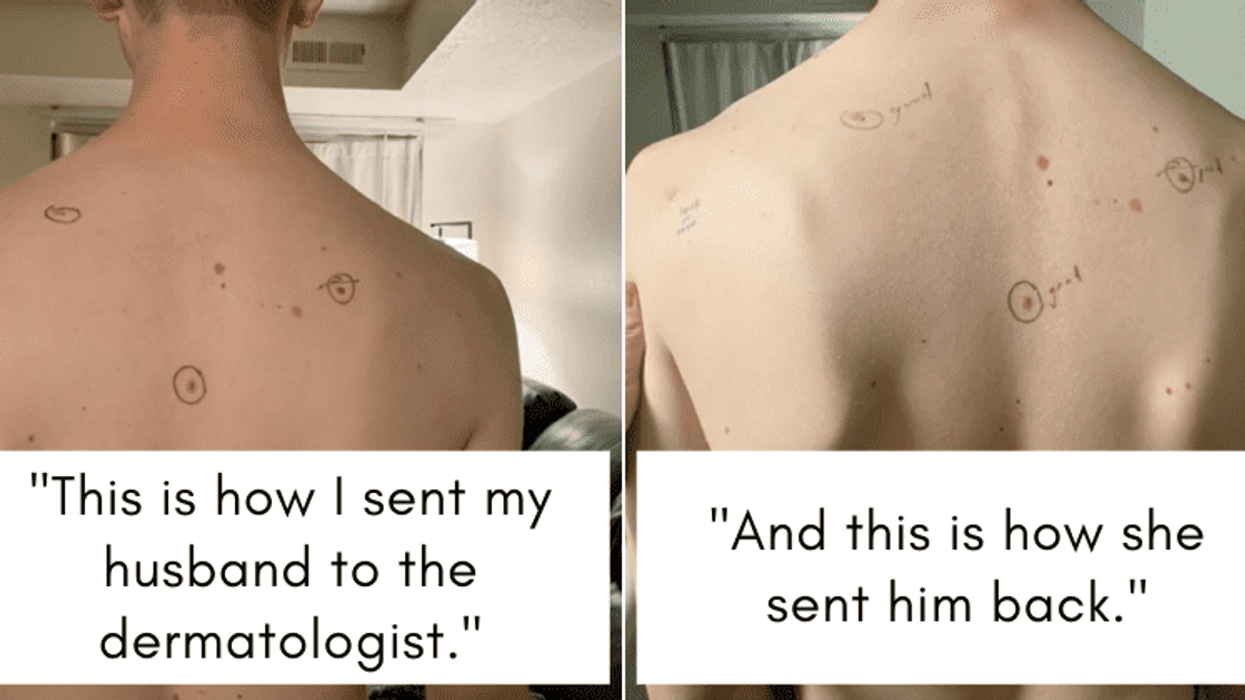





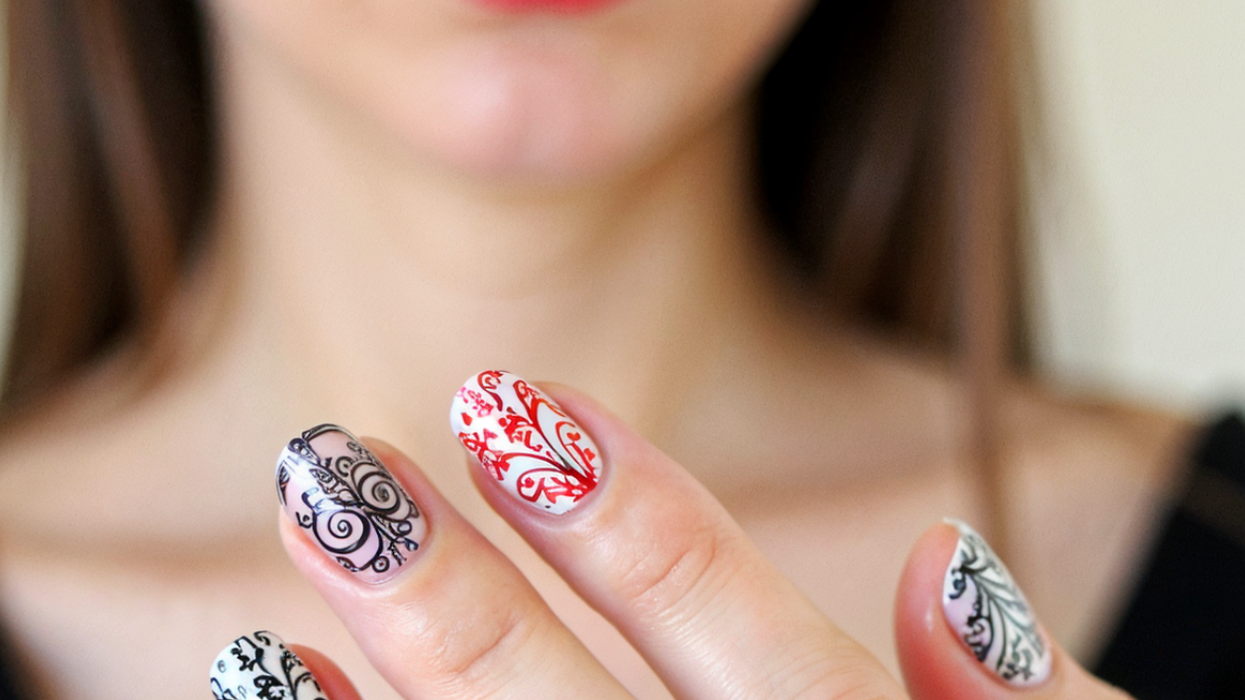
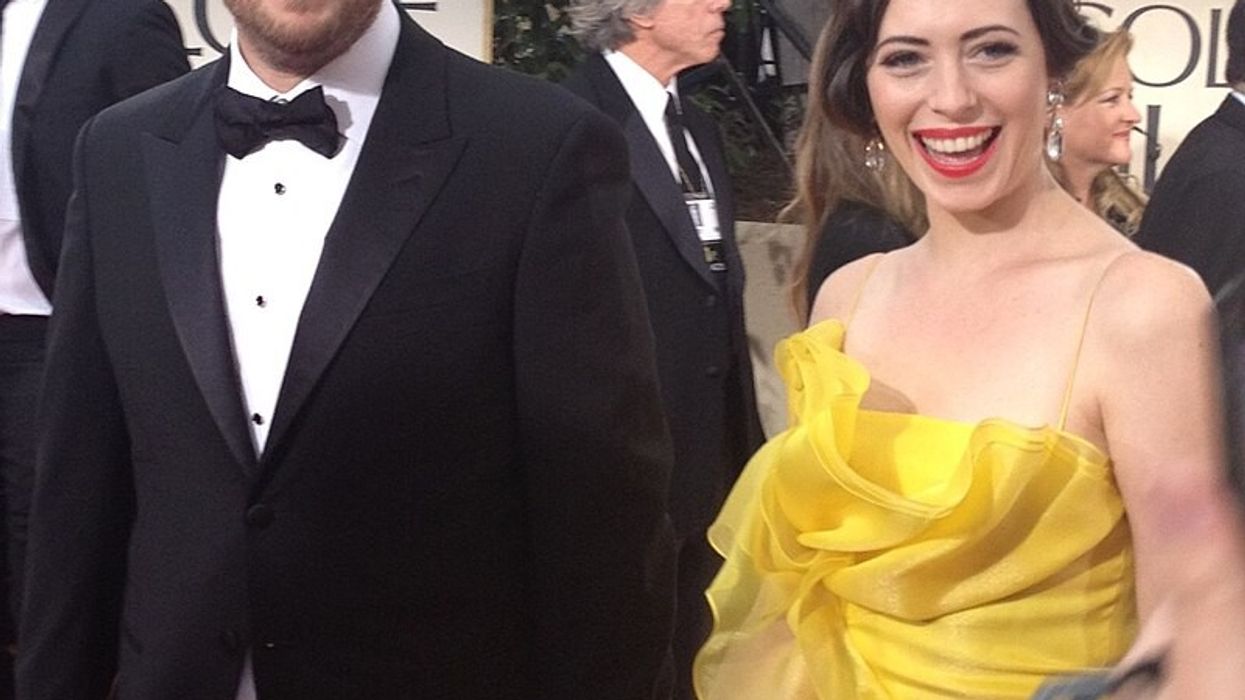
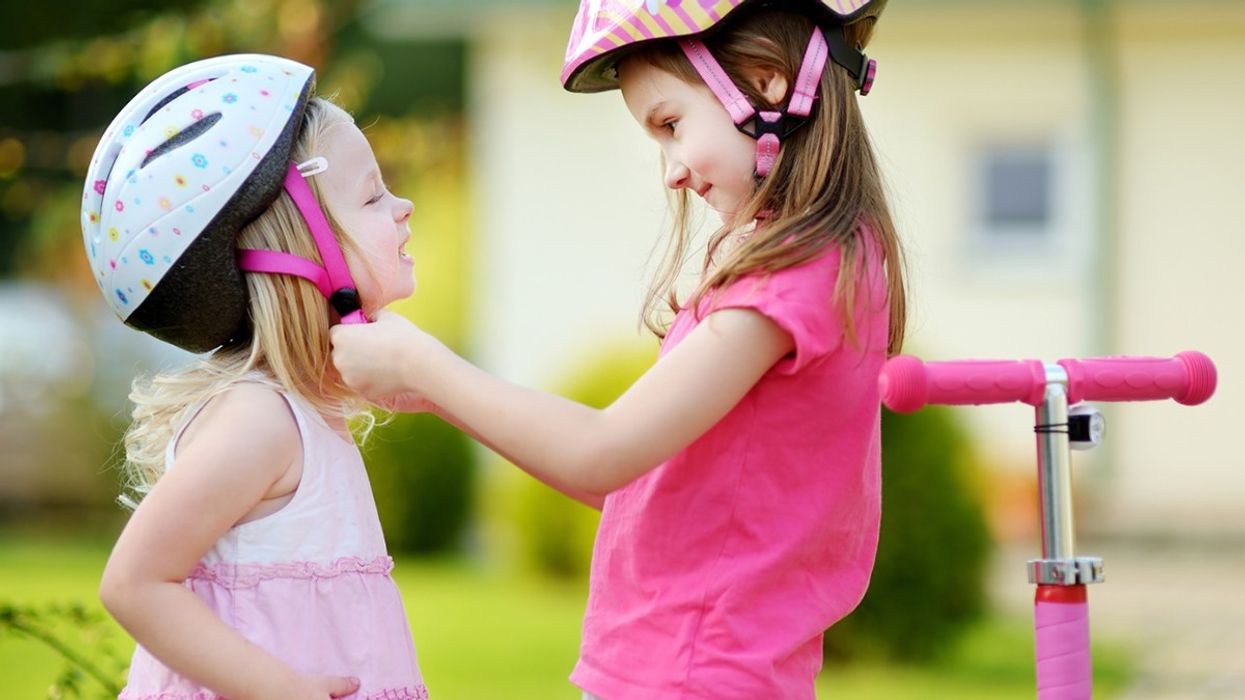



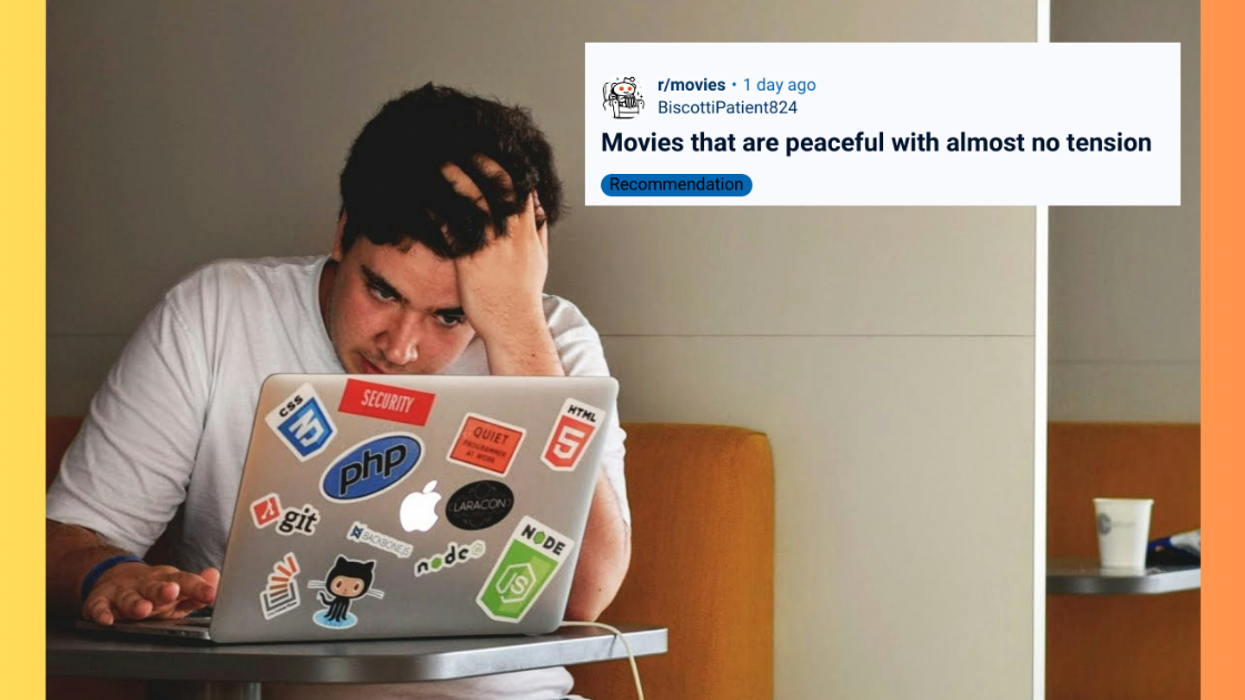
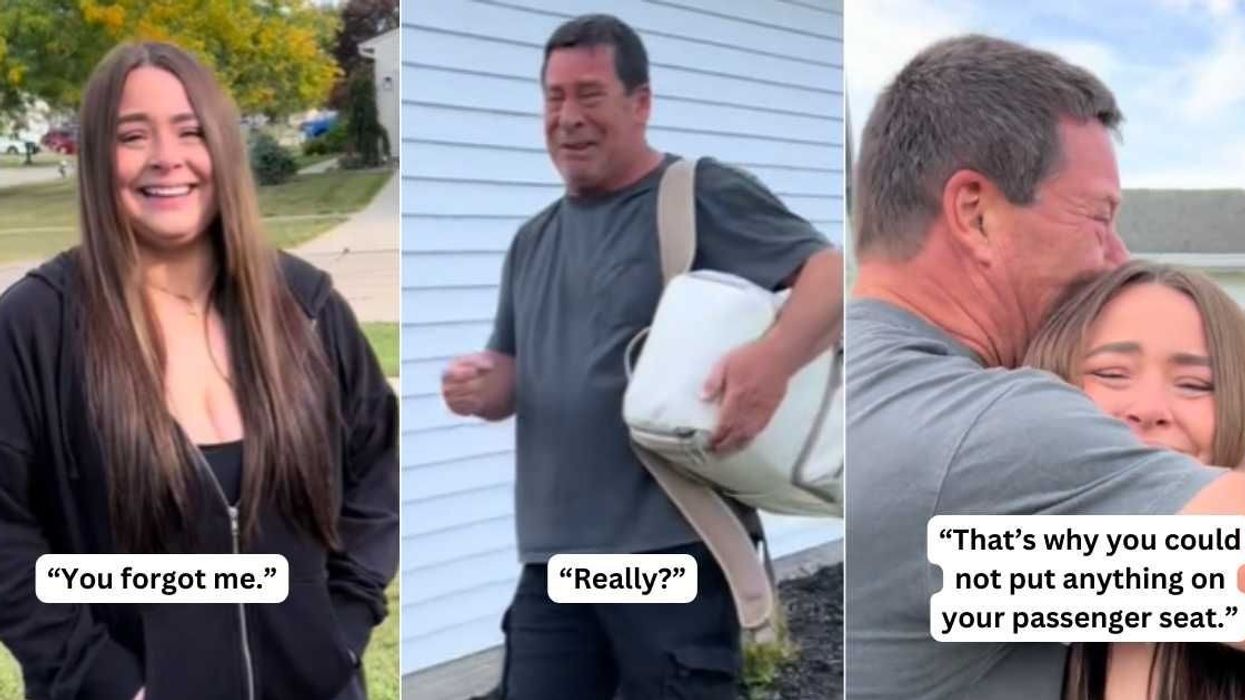
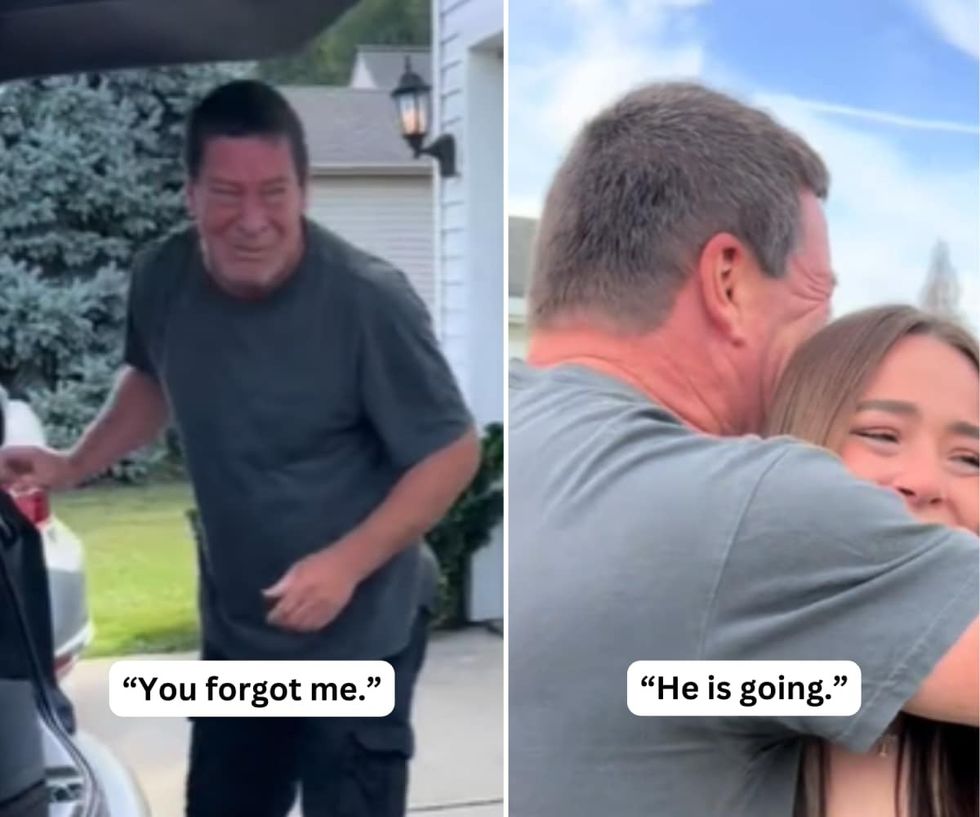

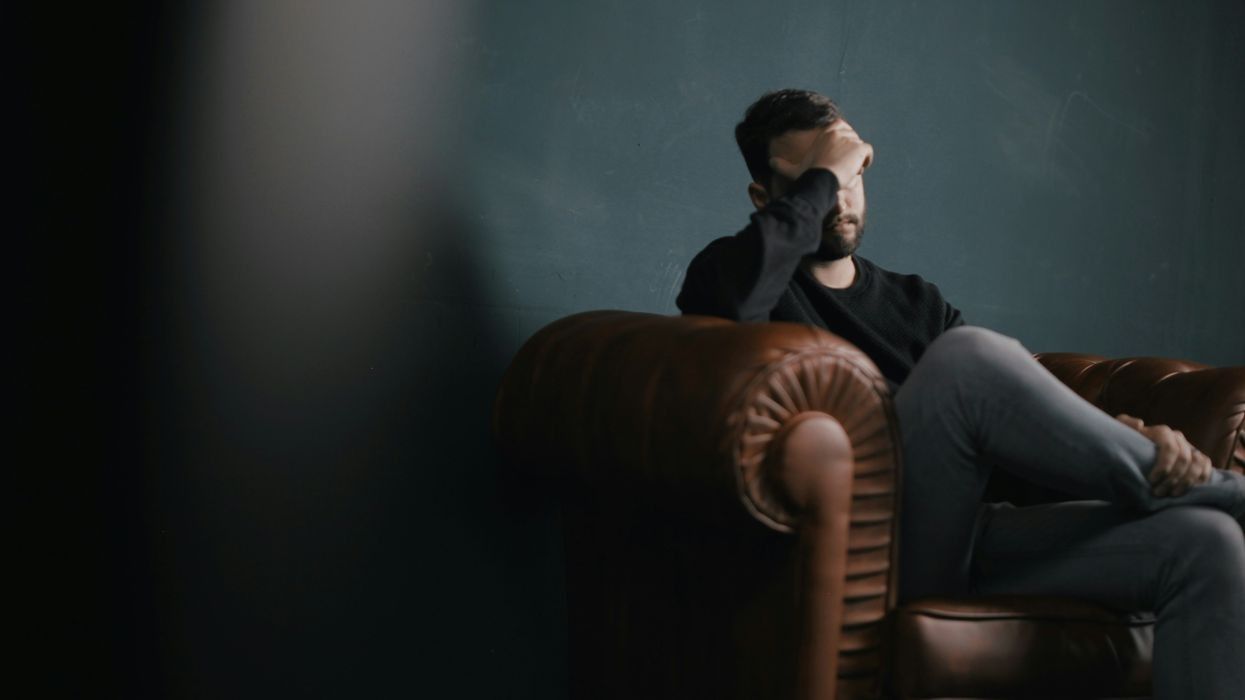



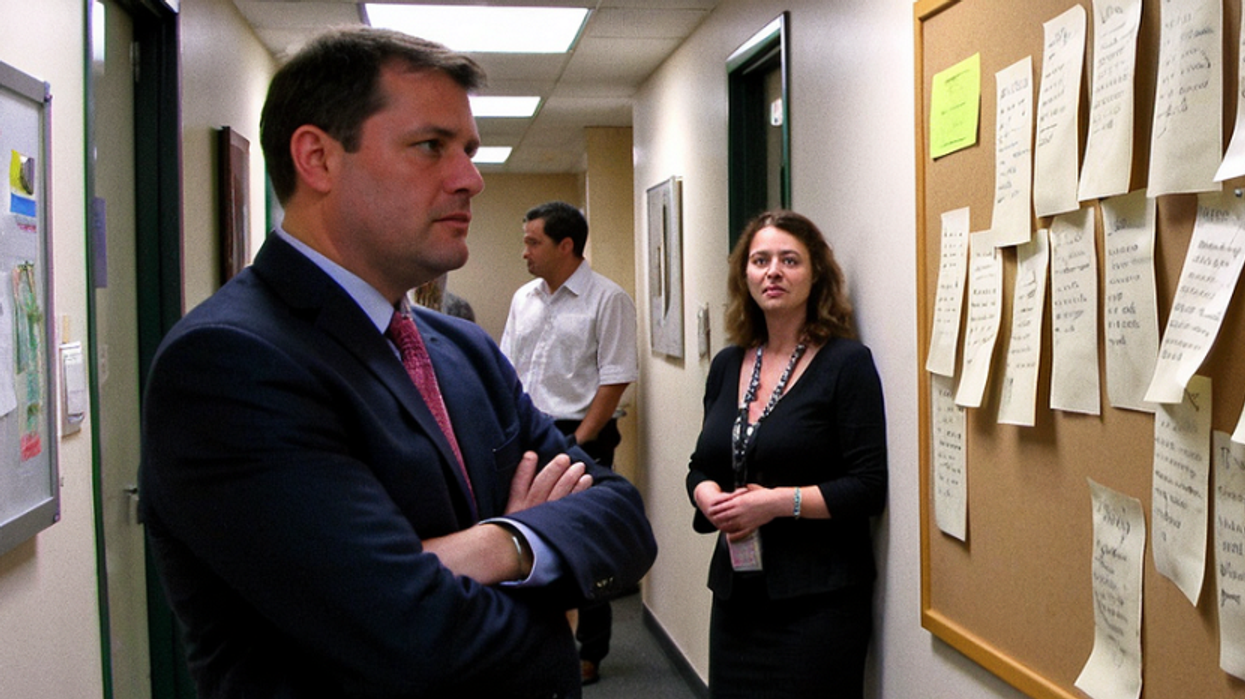
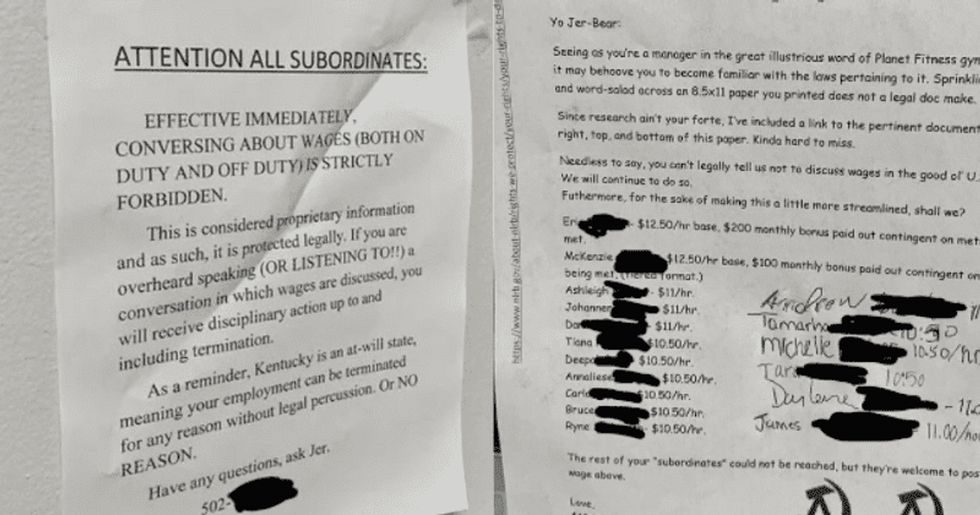 Image Source: Joshua Potash | Reddit
Image Source: Joshua Potash | Reddit 
